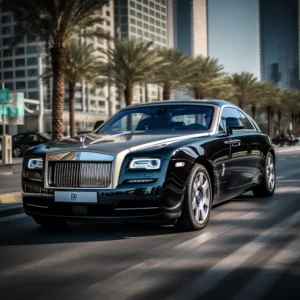Lower GST critical for EVs in transition phase: Audi India
New Delhi, Aug 22 (PTI) Continued support in terms of lower GST for electric vehicles is necessary till the volumes reach an appropriate level and the industry can sustain on its own, according to Audi India Head Balbir Singh Dhillon.
He noted that hybrid cars are not currently part of the company’s strategy for the country and the focus firmly remains on petrol and electric models.
Dhillon said subsidies are needed for the growth of the EV segment, “till the time we reach a decent penetration level”.
“There is no science behind this, it’s just a gut feeling that maybe by the time we reach 50 per cent penetration in the luxury (electric) space, we need that support (lower GST) and thereafter it is driven by itself,” he added.
Currently, the total tax incidence on hybrid vehicles in the country is 43 per cent, which is inclusive of GST, while battery electric vehicles attract a tax of about 5 per cent.
Dhillon noted that lower GST will help faster adoption of electric vehicles.
When asked about Audi India’s sales expectation from the EV segment, he stated, “Probably by midterm..next 5-6 years from now, at least, we intend to go close to 40-50 per cent by 2030.”
The electric vehicles currently account for just 3 per cent of Audi’s overall sales in the country.
The automaker plans to expand the product range, and add affordable models, to achieve its ambitious sales target.
The company is however yet to firm up plans as to which nameplates could be introduced in India over the next few years, Dhillon said.
He also ruled out introducing hybrid models in the country stating that the company remained firmly focussed towards electric mobility.
“In our global portfolio we have plug-in hybrids, but at this point in time the decision is very clear that we will focus only on petrol and going forward electric,” he said.
Audi has already globally announced that beyond 2033, it will sell only battery-electric (BEV) cars.
Dhillon said the company aims for sustainable business growth in India, focusing on profitable operations that reinvest in new technology and better services.
He noted that the domestic luxury car market has grown by around 8 per cent in the first six months of the year.
“The festive season is expected to drive stronger growth in the second half of the year with overall sales expected to cross the 50,000 mark,” Dhillon said.
It would be the highest yearly sales figure so far with the best to date being 48,500 units in 2023.
Audi India on Thursday launched the new version of its flagship model Q8 at a starting price of Rs 1.17 crore (ex-showroom).
The automaker also announced a sales milestone of 1 lakh cars in the Indian market in just over 15 years.
“Reaching the significant milestone of 1,00,000 Audi cars sold in India is a profound testament to the trust our customers place in the Audi brand,” Dhillon said.






